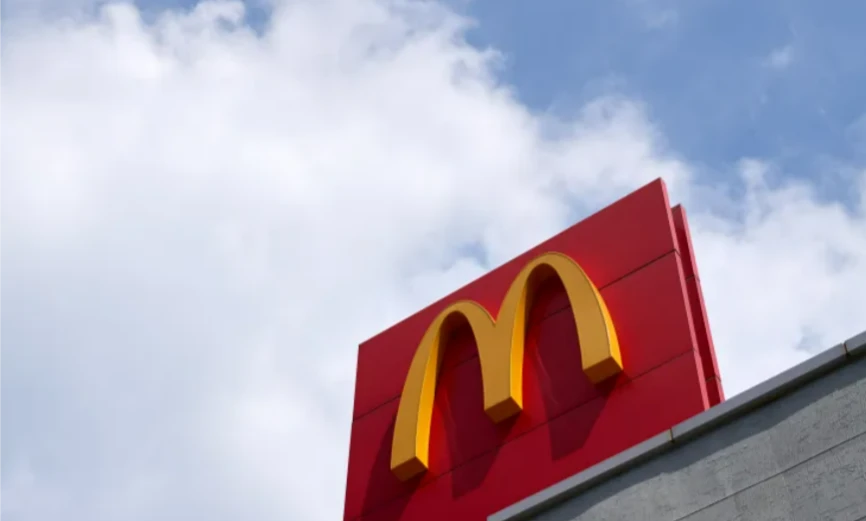The FAST Act, which would make fast-food workers’ wages as low as $22 an hour, faces strong opposition from millions of dollars from McDonald’s, Starbucks, Chipotle and other companies. At Globe Live Media we give you all the details
Opposition to the FAST Act, which would increase the minimum wage for fast food workers in the state of California, has recently taken on new dimensions. The reason? McDonald’s, Starbucks, Chipotle, Chick-fil-A, In-N-Out Burger, and other companies each donated $1 million to Save Local Restaurants, a coalition of companies opposed to the law.
In fact, the FAST Act was to take effect on January 1, 2023, after being approved by California Governor Gavin Newsom. But the rule was postponed as the Save Local Restaurants coalition gathered more than a million signatures to put the law to a vote next year.
The alliance, made up of small business owners, corporations, restaurants and franchises, has ensured that, if the FAST Law is implemented, the increase in labor costs will result in an increase in the sale of products.
The impact that this law would have in the United States would be unprecedented, since it would authorize the formation of a fast food committee that could authorize an increase in the minimum wage for workers in this industry to $22.00 dollars per hour.
Effective January 1, 2023, the minimum wage in the state of California was increased to $15.50 per hour.
If wages for California fast food workers rise to $22.00 an hour, they would be among the highest wages in the US for fast food workers.
According to the Bureau of Labor Statistics, wages for workers in the restaurant industry, for the year 2021, averaged approximately $12.53 per hour.
Matt Haller, president of the International Franchise Association, said this policy would drive up fast food prices and destroy local businesses and the jobs they create. This was reported by the portal The New York Times.
An analysis conducted at UC Riverside, reviewed by CNN Business, indicated that if workers’ compensation increases by 20%, restaurant prices would increase by approximately 7%.
The Save Local Restaurants coalition said the FAST Act would “create food tax burdens on consumers, eliminate jobs, and drive restaurants out of local communities.”
On the other hand, Gavin Newsom, Governor of California, indicated that this law could empower fast food restaurant workers, allowing them to establish fair wages, as well as health and safety measures necessary to carry out their work.
Mary Kay Henry, president of the Service Workers International Union, questioned the position of opponents of the law, noting that fast-food corporations were acting morally wrong.
“Instead of taking responsibility for making sure the workers who guarantee their profits have living wages and safe and healthy conditions, corporations continue to debase the fast food industry,” Mary Kay Henry said, according to The New York Times. .
According to a report by Yahoo! Finance, McDonald’s executives have described the law as “hypocritical” because it “imposes high costs on one type of restaurant while leaving others unaffected.”
According to statements by a McDonald’s spokesperson given to the Fortune portal, the company has decided to take action on the matter regarding the FAST Law because it considers that it could be taken as a model to be imposed in other states.
To date, the Save Local Restaurants coalition has raised more than $12 million to oppose the FAST Act.

